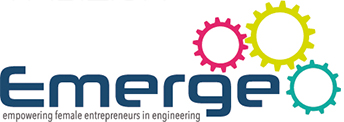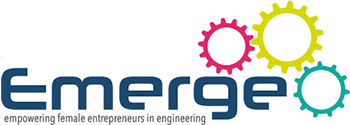Promoting Female entrepreneurship is increasingly viewed as a key source of job creation and innovation and a necessary step for addressing income inequality and social exclusion.
The 2017 Global Entrepreneurship Monitor (GEM) Report for Ireland reports that more men than women are actively planning and starting new businesses in Ireland. The rate of entrepreneurship among women in Ireland is 8th highest in Europe. The rate of entrepreneurship among men in Ireland is the fourth highest.
What is the cause of the gap in female entrepreneurship?
In 2012 Enterprise Ireland conducted research to understand fully the challenges impacting on female entrepreneurship and the following are some of its main findings:
Women are more risk averse;
Perceiving less access to finance;
Lower levels of self-confidence;
Greater fear of failure;
Different ways networking and less networking opportunities;
Lacing visible role models, and;
A lack of technical expertise.
tom-parsons-582654-unsplash.jpg
What have we done?
Addressing the under representation of female-led businesses that start a business and achieve considerable scale, requires a tailored, focussed approach in terms of support, personal development and networking opportunities.
Enterprise Ireland’s Female Entrepreneurship Unit was established to support ambitious women grow scalable businesses and to address the key challenges impacting on the growth of female led business opportunities.
Enterprise Ireland’s website has a dedicated Female Entrepreneurship page where you can learn more about their supports for female entrepreneurs.
Progress
Since the introduction in 2013 of measures targeting women, the number of women who are setting up their own businesses has grown year-on-year.
In 2012, just eight out of 97 participating high potential start-ups were female-led (8%) which has increased to 28% in 2017, 25 of the 90 participating in the programme were female led.
Local Enterprise Office activity in Female Networking and Mentoring
The LEOs are also actively engaged in encouraging and inspiring an increase in female-led businesses through initiatives such as the annual National Women’s Enterprise Day and the Women in Business Networks.
An important aspect of the networking programme is the promotion of successful female entrepreneurs as role models and the use of mentoring and networking opportunities which aims to build confidence of newly emerging female entrepreneurs.
Progress has been made: For example, in 2015, 57% of participants attending core training programmes in Local Enterprise Offices were female. This increased to 54% in 2016 and 61% in 2017.






